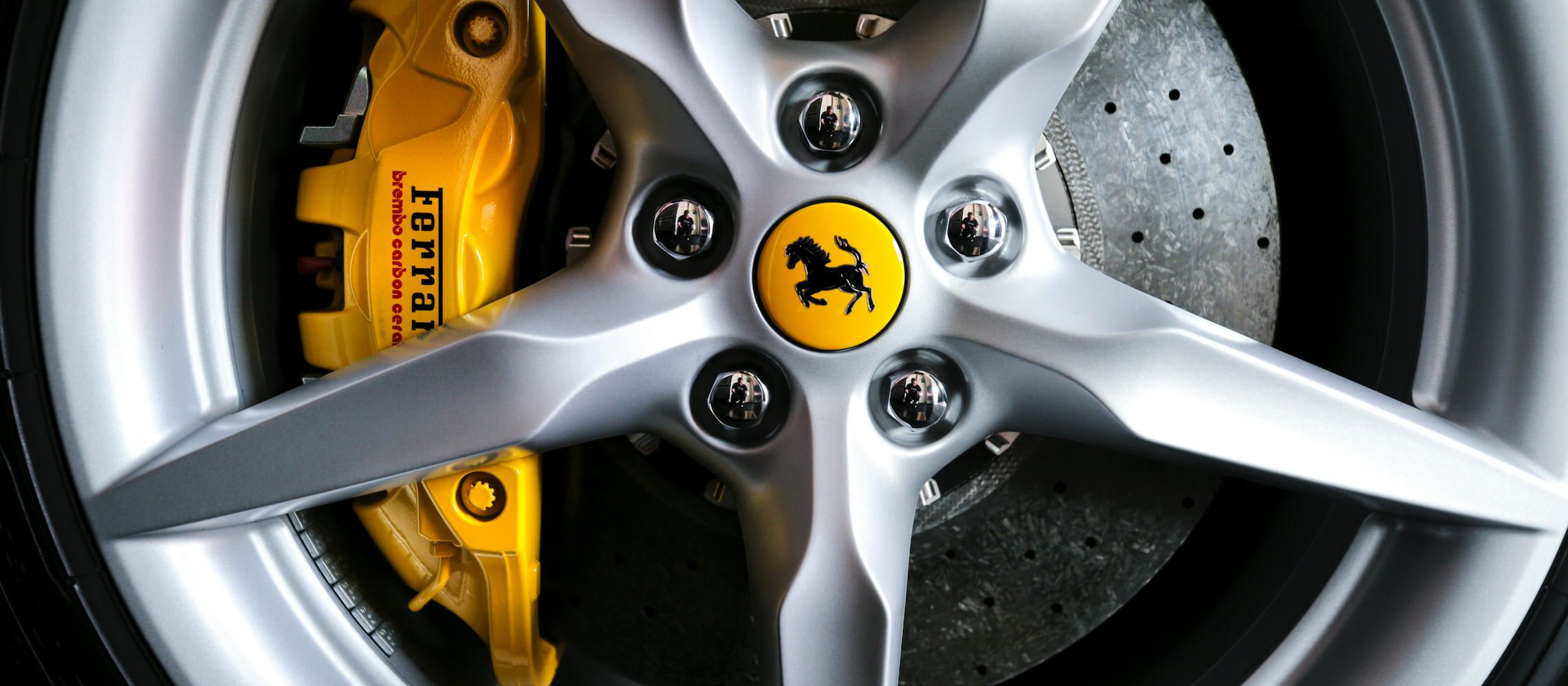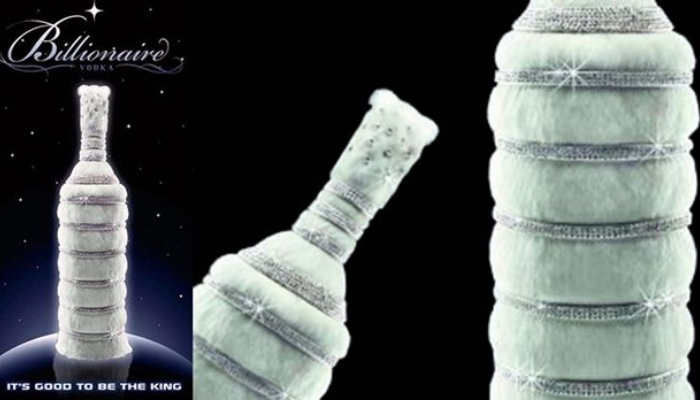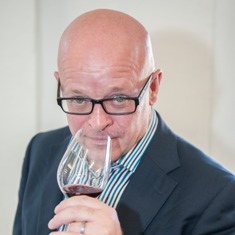Submission Deadline
28 February 2026
Judging
Date
24 & 25 March 2026
Winners Announcement
22 April 2026
28 February 2026
24 & 25 March 2026
22 April 2026

Let’s start with the dictionary definition (Collins Concise Dictionary) luxury n, 1 indulgence in and enjoyment of rich and sumptuous living. 2 something considered an indulgence rather than a necessity. 3 something pleasant and satisfying…
Spirit beverages, in their many forms, are a fine human invention and, for the most part, more than pleasant to drink. So, what differentiates a ‘luxury’ product from the run-of-the-mill (dictionary definition: average, or undistinguished in quality, character and nature)?
There’s a point to these etymological references because what words mean, and the blurring of meaning over time, is something of an issue in the spirits sector with the appearance of products described as being ‘premium’, ‘super- premium’, ‘ultra-premium’, ‘prestige’ – and, of course, ‘luxury’. It’s therefore not that surprising that an element of confusion has arisen with the over-use, not to say misappropriation, of terms (it has to be said that this is not limited just to the drinks industry) and, from a consumer perspective, more clarification around these terms might provide greater confidence when deciding what’s what – and what actually (is better, or best) to buy.

Luxury really shouldn’t require any qualification – it might be said to already combine all the meanings of these other descriptors – although it’s probably too early to say that any of these terms has actually become meaningless due to overuse. What one can say is that today’s consumer is becoming savvier and isn’t that easily taken in by marketing hyperbole, no matter how appealing the label, how flashy the bottle, or the quality or the extent of the packaging, or any exaggerated product claims being made in the copy on both.
It’s the increasing interest by the consumer in craft products and the growth of craft brands that are actually helping redefine what luxury actually means today. Whilst a sense of luxury can’t be completely removed from price, scarcity or rarity – they’re linked and there’s prestige to be had by both producer and consumer in these factors – it’s far more about the actual liquid in the bottle: about authenticity, craftsmanship, the finest ingredients and how, where, and for how long, it’s been aged to create something unique and ground-breaking in how it tastes. Luxury is much less about glitz and much more about less – but better.
Less doesn’t mean lower volumes – with value outpacing this: according to the data, worldwide sales of luxury spirits were $11.8 billion in 2010, rose to $15 billion in 2015 and is forecast to reach $17.7 billion by 2020, with North America, Asia Pacific and Western Europe acting as key drivers.
When it comes to craft and a sense of luxury, then Scotch whiskies and cognacs have had those attributes for longer than almost any other spirits, wrapped up in the particular history, traditions, heritage and provenance of both. Also, the ways they are produced, handcrafted, the use of barrels with particular qualities, the time is taken to mature the product, the finessing, all help create marked differences in character and flavour, in fact leading to unique finished expressions that can justify the highest prices.
3 examples of Scotch whisky come to mind that perfectly demonstrate old and rare luxury (and craft): The Macallan 1946, a 64-year-old Scotch bottled at the Speyside distillery in a unique, one-off Lalique-designed decanter and selling for $460,000… The Macallan 1926, bottled 60 years later in 1986 producing just 40 bottles, selling for $75,000… Dalmore 50-Year-Old, distilled in 1920, bottled in 1978 with only 60 bottles ever produced of this particular selection – selling for around $11,000. When it comes to cognac, a bottle of Henri IV Dudognon Heritage Cognac Grande Champagne is said to be the most expensive and the rarest of drinks, with real gold, platinum and diamond packaging to boot, which comes in at a mere snip at $117 million(!).
Rum has come a long way since its 17th Century Caribbean slave origins. Previously regarded as one of the least preimmunized spirits sectors, luxury rum sales are forecast to grow by $230 million by 2020 with new recipes, single barrels, older expressions and smoother finishes. Rare rums are the result of the lack of aged stock, an exception being J. Wray and Nephew’s rum: aged for 70 years, a bottle retails at $54,000.
In the real world, as it were, the craft is driving gin sales – now worth £1.6 billion, up nearly 40% in just a year – with luxury brands among the dozens of new launches that have taken place over the last year from an increasing number of gin distilleries. An example of craft luxury linked to rareness is Forager’s Clogau special single-cask gin created using selected indigenous Welsh botanicals to celebrate the Harry and Meghan’s wedding in May 2018. Only 440 individually-numbered, specially-packaged bottles were produced, just 250 bottles of which are available at $177 each for public sale.
Gin has played a hand in vodka’s slight volume decline, although remaining the single biggest selling spirit, worth nearly £1.9 billion, almost a third of total spirits sales value. It maintains its position because of the growth in consumer interest in craft producers and the different tastes that result from the various distillation processes used (some even using diamonds to filter the spirit). It’s been seen as a ‘luxury drink’ for some time through being served at celebrity parties and consumed by high-powered business people. Top of the world’s luxury vodkas is Leon Verres’ Billionaire Vodka from 2015. Real gold and literally thousands of diamonds create the luxury packaging for a unique 18-litre distillation made from an original Russian recipe, this will set you back $7.25 million, as opposed to the already-sold-out 70cl limited edition version with just 6 diamonds and a real gold dog tag.
Craft tequila has come a long way, too, and you’ll pay $225 for a bottle of Ultra-Premium Ley .925 Pasion Azteca. It’s made from the pure sap of the blue agave plant and then aged for 6 years and sold in a bottle covered in white gold and platinum.
Clearly, some of these products are exceptional examples, but only represent the tip of the iceberg in a general drive for premiumization so, even in markets where volumes are actually down, sales values have not fallen by the same amount, or have actually risen.
So back to the question – what is it that constitutes luxury? For some, it’s an element of fantasy (packaged in a fantastical way) carrying price tags that are always going to be unaffordable… for some, it’s scarcity, for others, their intrinsic rarity… for others, it’s about demonstrating wealth and status – the trophy drink in a collection… yet, for the vast majority of consumers – encouragingly – it’s not (just) about price, rather it’s about credibility, quality and craft, about provenance and authenticity, and the skill, the endeavour and the passion of the producer to create something that tastes unique to be savoured and appreciated
As such, it really doesn’t matter whether it’s called premium, super- or ultra-premium, prestige, de-luxe, or whatever – it’s about the liquid itself and how it tastes and the pleasure it brings to the drinker. For the trade, this is the real business driver of the late 21st Century teen years.

The article is contributed by Alistair Morrell, Wine Inspector, wine industry consultant, journalist and, commentator. Over 30 years as a wine business professional, Alistair shares his global knowledge, network, and experience of growers, importers, distributors and buyers.
Show your spirits where it matters. Get your products tasted by top bartenders, buyers and experts at the London Competitions — enter now.